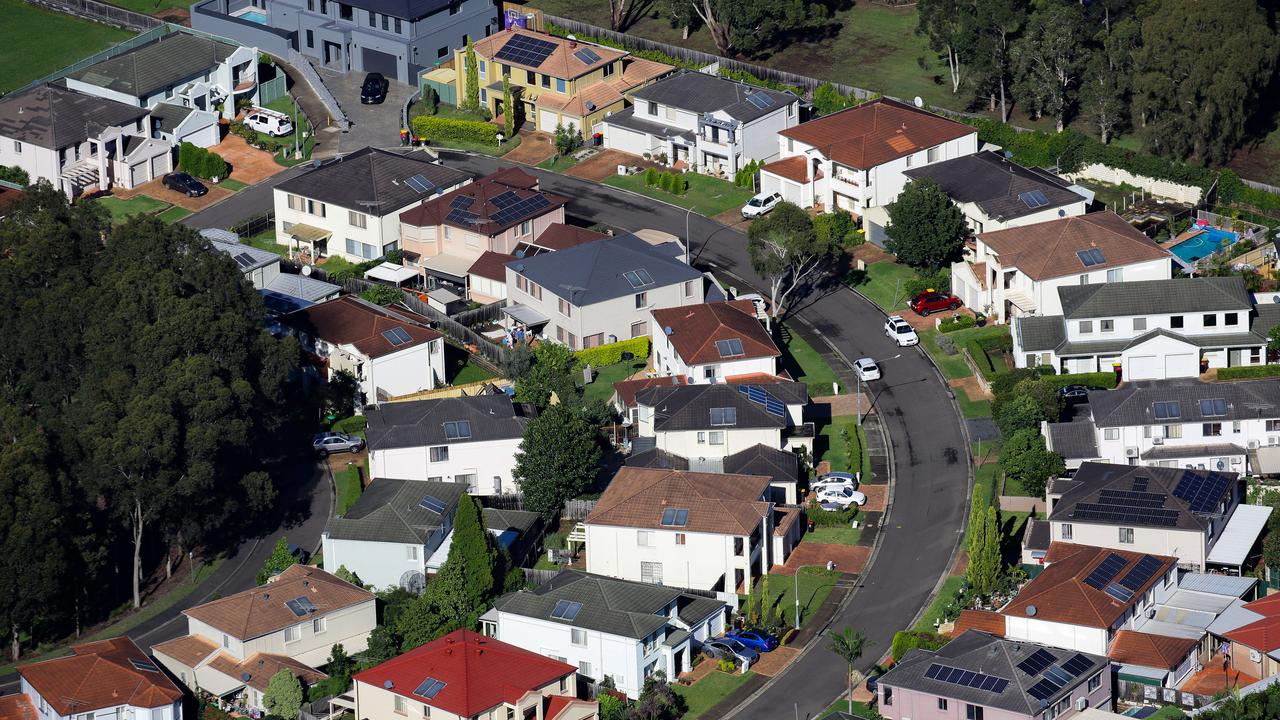How clean-energy transition will determine house prices
Australia is lagging behind other western countries in one key area of the housing market, and when it catches up it will have a massive impact on prices.
Australia will need to energy rate all homes if the country is to reduce carbon emissions by 43 per cent by 2030, banking chief Anna Bligh says.
Once the sector starts energy rating all houses, markets would behave differently, with higher value associated to lower-emitting houses, and “converting” potential for higher-emitting properties, she said.
The Australian Bankers Association chief executive told an Australian Information Industry Association conference in Canberra on Wednesday that while there had been a focus on measuring emissions in the energy and transport markets, standardised analysis tools were desperately needed for the housing sector.

“After the energy and transport sectors, if you’re going to get to 43 per cent by 2030, we need to start moving into the household sector,” Ms Bligh said.
“And once you start energy rating a house, markets start to behave differently.
“It will affect the value of your property – people will attach a higher value to a lower-end house than a higher emitting house.
“People will see a market opportunity in buying higher-emitting houses and converting them.”

She said Australia was lagging behind its closest allies, because it had spent too long “arguing about the wrong things”.
“We’re behind other jurisdictions. Europe and the UK and others have standardised energy rating systems for households,” Ms Bligh said.
She said doing so would impact how banks lend, considering their “very, very big mortgage books”
“Once every single house on their mortgage book is energy rated, there’ll be an expectation from investors that they will start moving their book to a lower-rated book,” she said.

Speaking at the same conference, Industry Minister Ed Husic noted the “enormous” role Australia’s tech industry would play in transitioning the economy to net-zero.
“The Albanese government not only wants to change the national conversation; we want to support real change through the industry,” Mr Husic said.
“We want to ensure Australia is a global leader in skills and technology that powers the world to a decarbonised economy.
“The tech sector and a sustainable future absolutely go hand-in-hand, and it will be essential to Australia’s transition to net zero by 2050.”



